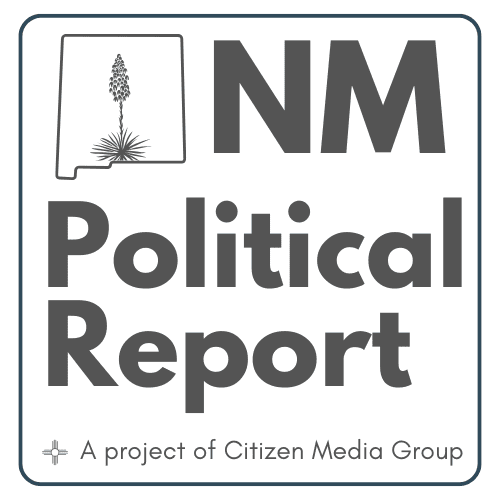The Trump Administration’s proposed fiscal year 2026 federal budget has sparked fierce opposition from Native American advocacy groups, who warn that planned cuts could effectively eliminate critical workforce development programs serving Indigenous communities nationwide.
At the center of the controversy is the proposed elimination of the Native American Employment and Training Program under the Workforce Innovation and Opportunity Act (WIOA) Section 166, which provides direct federal funding to tribes and Native-led organizations for job training and placement services.
The Native Professional Advancement Center (NPAC) in Albuquerque, formerly known as the National Indian Youth Council, is leading the charge against the proposed changes. The organization warns that consolidating these targeted programs into state-controlled block grants would sever decades-old trust-based funding relationships between the federal government and tribal nations.
“This is not just a policy decision — it’s an attack on Tribal sovereignty and the self-determination of Native peoples,” said Darius Lee Smith, NPAC’s executive director. “We’ve spent more than 60 years building pathways to education and employment that are rooted in our communities and traditions. Taking these programs away puts everything we’ve fought for at risk.”
NPAC operates programs across New Mexico in Albuquerque, Gallup and Farmington, providing culturally relevant job training, placement services, case management and educational support to Native Americans who are unemployed, underemployed, or economically disadvantaged. The organization has served thousands of Indigenous job seekers and students since its founding in 1961.
The proposed budget would shift funding from direct tribal grants to block grants administered by states, forcing Native organizations to compete for resources with state agencies that advocates say often lack understanding of Indigenous workforce needs or meaningful tribal consultation processes.
“The Section 166 program isn’t just another government grant—it’s the only federally guaranteed workforce lifeline Native communities can count on,” said Deanna Aquiar, NPAC’s director of programs and development. “Eliminating it would devastate the ability of grassroots Native organizations like NPAC to serve our people on our own terms.”
The administration’s proposal represents a significant departure from current federal policy toward tribal nations. Rather than maintaining direct government-to-government relationships established through treaties and federal law, the new approach would route Indigenous programs through state systems that Native advocates argue have historically excluded or underserved tribal communities.
NPAC officials say the change would undermine decades of progress in Indigenous civil rights and economic development, potentially returning Native communities to an era when they had limited access to federal resources and programs.
“We work with people every day who are building futures—earning GEDs, getting placed in jobs, or gaining skills through our training programs,” Smith added. “Ending direct access to these programs is not fiscal responsibility. It’s erasure.”
With the House Labor and Education Subcommittee scheduled to begin budget markup on July 24, NPAC is urging tribal nations, Native organizations, and allies to contact their congressional representatives to demand protection of WIOA Section 166 funding.
The organization emphasizes that immediate action is needed to preserve what they describe as essential federal commitments to tribal self-determination and Indigenous economic development.
The proposed cuts come at a time when many tribal communities continue to face significant economic challenges, including higher unemployment rates and limited access to job training and educational opportunities compared to the general population.

This report is supported by NM Political Report, a nonprofit newsroom working to increase New Mexicans’ engagement in politics and public policy.
Reported by: Kevin Hendricks
This report is original reporting by a New Mexico-based independent journalist with support NMreports.org and its readers and sponsors.
